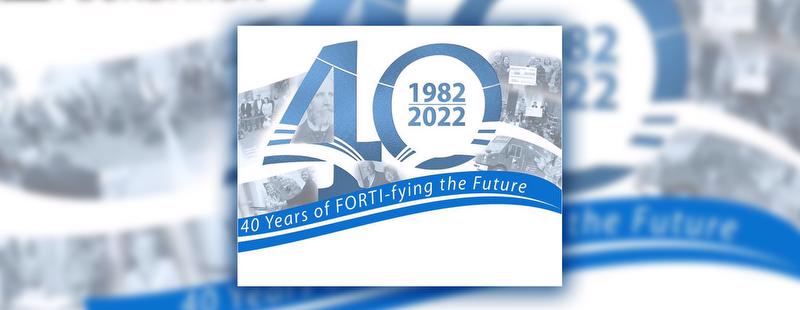The importance of having a will cannot be overemphasized. It directs the distribution of your financial and personal assets when you die and also names the executor who will act in your stead to meet your obligations and steer your assets through the probate process. If you have minor children, your will allows you to name a guardian who will see to their upbringing if you and your spouse should die with the task unfinished.
A will only goes into effect when you pass away. It has no power until death. After death your executor takes your will to court and presents it to the judge for probate. Over 9 months to a year or longer, the judge will rule on the validity of your will and then order the distribution of your assets. A will is not written and forgotten. As life changes provisions of an existing will can become hopelessly out-of-date. Here are the key items to consider in your will and to update your will as needed:
- When you marry, divorce or remarry.
- If you move to a new state, or simply acquire assets in a different state, at least some of your property will be subject to a different set of laws from those under which your will was drafted originally.
- If you have named specific assets in your will, such as a block of XYZ Corp. stock or a vacation home, you’ll need to make revisions when you dispose of the named property.
- Retirement is a key time to review your will.
- Guardians or alternative guardianship of your children.
- If young children inherit you will need a trust to handle their affairs,
- The birth or adoption of a other children or grandchildren require consideration.
- Has your net worth increased or decreased significantly? Update.
- Consider charitable gifting to worthy institutions to avoid needless estate taxes.
- You will note that these arrangements rapidly become too complex to be placed in the hands of an untrained individual. The executor or personal representative named in your will needs to have the time and know-how to protect estate assets, collect debts, settle claims, manage investments, keep records and minimize tax exposure. To avoid burdening a family member or friend, you might choose to designate a corporate trustee or executor to handle the settlement of your estate and provide long-term management as trustee.
© 2020 M.A. Co. All rights reserved.
Any developments occurring after February 1, 2020, are not reflected in this article.
Published in partnership with the Trust Team at CoreFirst Bank & Trust.


